super stuff: educational games
13 Board Games That Teach Kids Math & Money Skills
By Kimberly Blaker
Kids need to learn and master so many different concepts throughout childhood in preparation for the adult world. When adults think of learning, it is often thought of as an unpleasant experience of boring lessons, memorization, and testing that doesn't have a real-life purpose. These methods are not always conducive to learning authentic information and understanding important concepts. Math is one of kids' least-loved subjects for this very reason. But it doesn't have to be that way. Children learn the most in both quality and quantity when done naturally through play. This is where board games come in, which take the pressure and frustration out of learning essential topics like math and money by presenting them in a more enjoyable and purposeful format. Kids of all ages can benefit from a broad number of board games available that allow them to learn through play. The following board game selection makes learning math and money concepts more fun from preschool to high school.
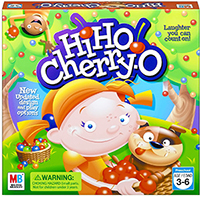
Hi Ho! Cherry-O
Hi Ho! Cherry-O is an excellent game for young children to naturally practice counting, addition, and subtraction skills. The concept is simple as each player spins to see how many fruit pieces to pick or remove from their basket. Ages 3-6
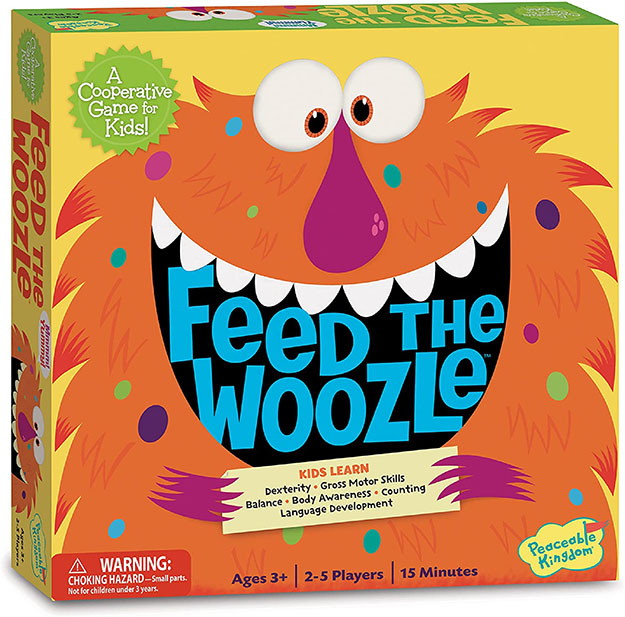
Feed the Woozle
Feed the Woozle is a game for practicing preschool skills, including counting up to twelve during silly and cooperative play. It offers three different play levels to challenge growing children as they work together to feed the Woozle. Ages 3+
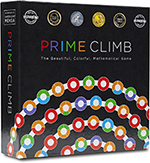
Prime Climb
Prime Climb uses prime numbers, factorization, multiplication, and division along with strategy. Players roll the dice, move, and draw cards while navigating around other players to get both of their pawns to exactly 101. Ages 10+
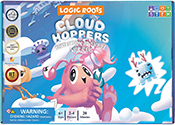
Cloud Hoppers
Cloud Hoppers works on subtraction practice, starting at 50 then counting down, as players embark on a quest to help their alien get down to the ground. Ages 6+
Monopoly

Monopoly is a classic game dealing with money and economic concepts. You buy properties, pay rent, and manage your money as each player tries to take control. There are countless versions of this game to match a range of ages and interests. The original version is recommended for ages 8+
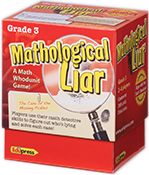
Mathological Liar
Mathological Liar is a detective game where players solve mysteries using math. Each player gets a suspect card and must determine if the math in their alibi is correct, meaning innocence, or incorrect, meaning guilty. There are boxes for each grade level from 2-6. Ages 6+
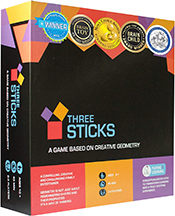
Three Sticks
Three Sticks is a geometry game that operates in a similar way to Scrabble. Players take turns trying to create shapes on a board while using only two sticks of various lengths during each turn. Ages 8+
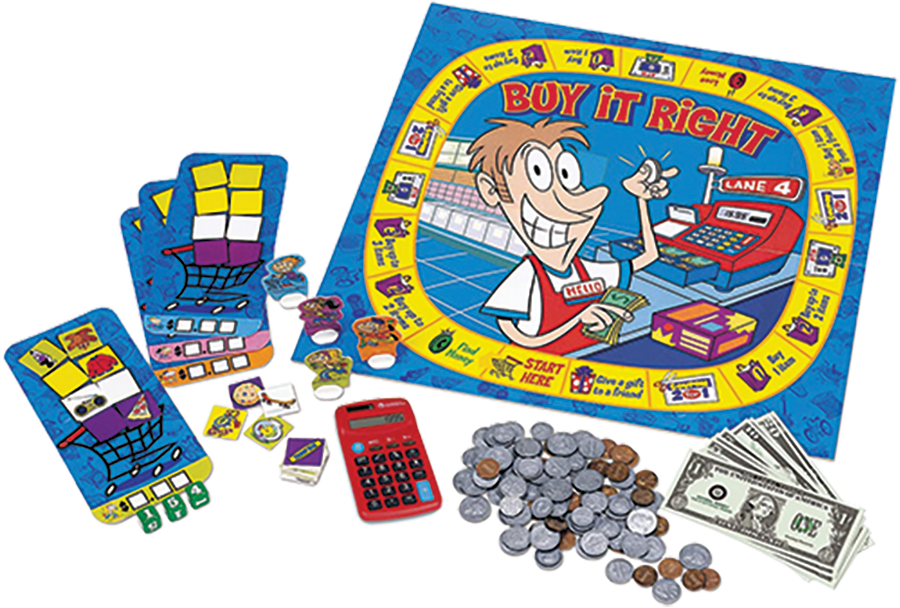
Buy it Right
Buy it Right is a shopping game where players buy, sell, and set prices for items using fake money that mimics real coins and cash. Players practice counting out change and learn the value of money during play, with different levels of difficulty possible. Ages 6+
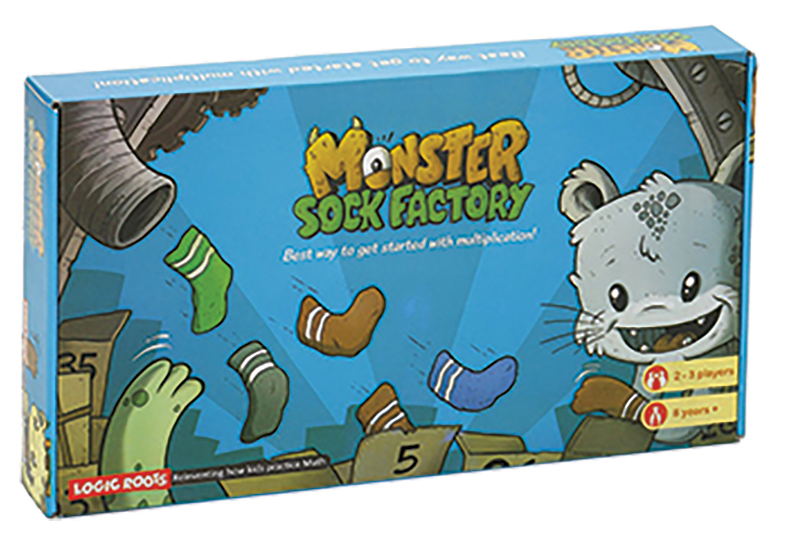
Monster Sock Factory
Monster Sock Factory is a game to introduce and practice multiplication and division concepts. Players try to determine how many socks to pack and ship from the factory for monsters with different numbers of legs. Ages 8+ but can be adapted to younger players.
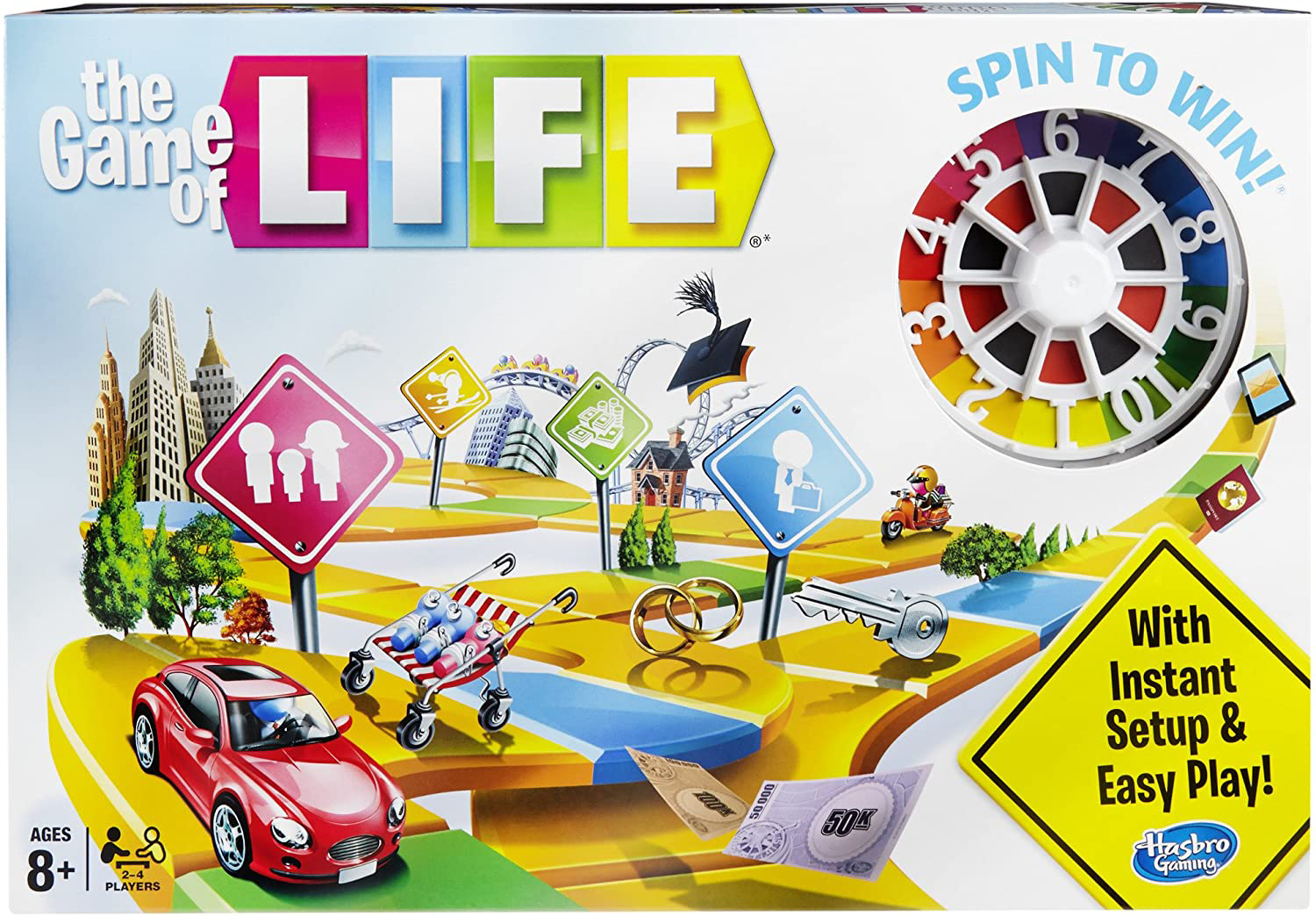
The Game of Life
The Game of Life teaches how the choices we make affect our finances and life, while surprises can affect even the most well-thought-out plans. Players use practical math skills while learning about life-long economic impacts, helping kids think about their financial futures. Ages 8+
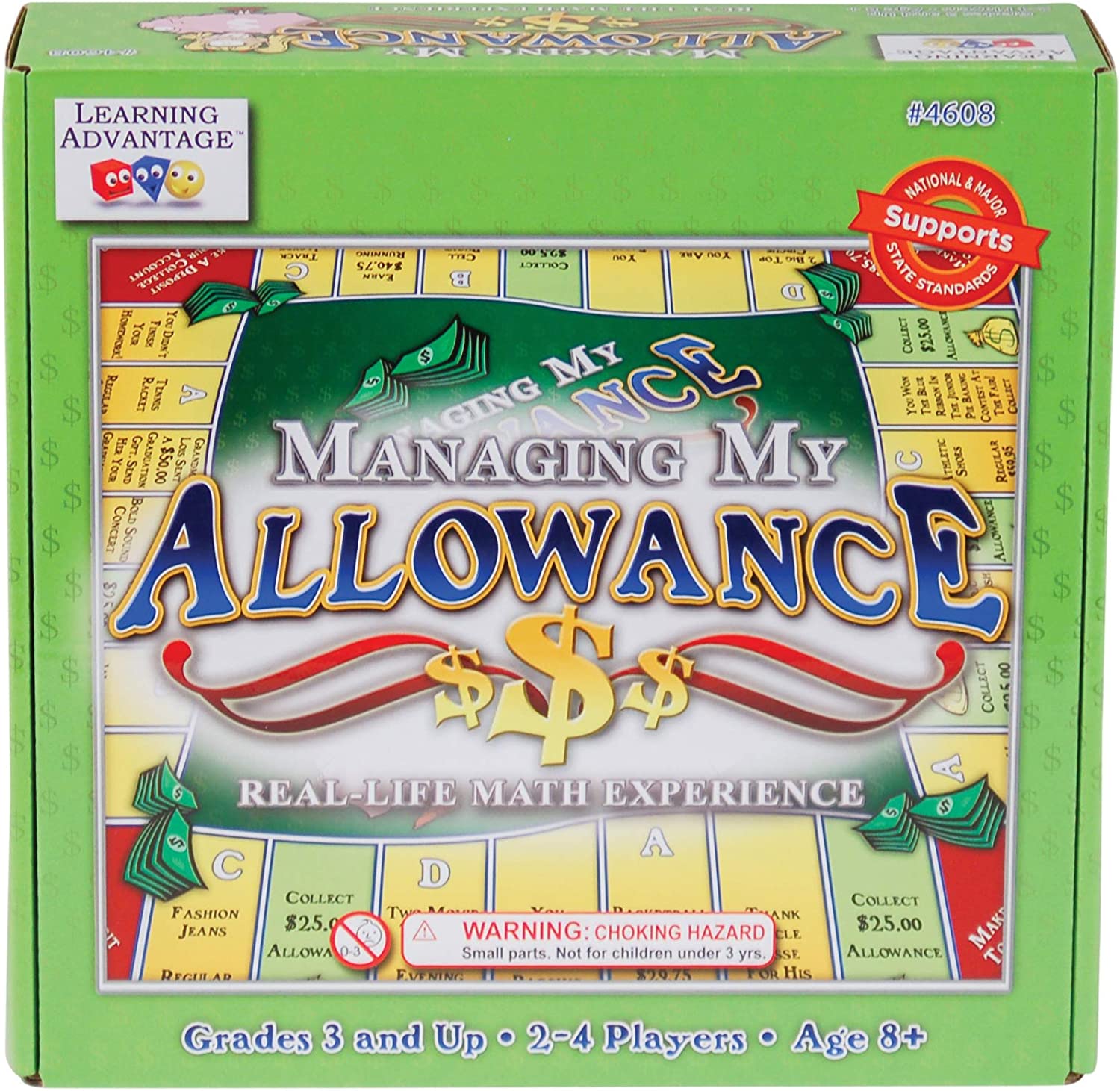
Managing My Allowance
Managing My Allowance teaches players about money management and budgeting. Players make choices about how to spend or save the money they earn. The game uses play cash for players to handle as they count out changes to their total and try to save money for college. Ages 8+

Proof!
Proof! is a game that works for a wide range of ages and abilities, depending on the players, to support mental math practice. The dealer lays down nine cards while players look at the cards to create an equation out of at least three available cards. It can be made more or less challenging with variations on the basic game and can even be played solo. Ages 9+
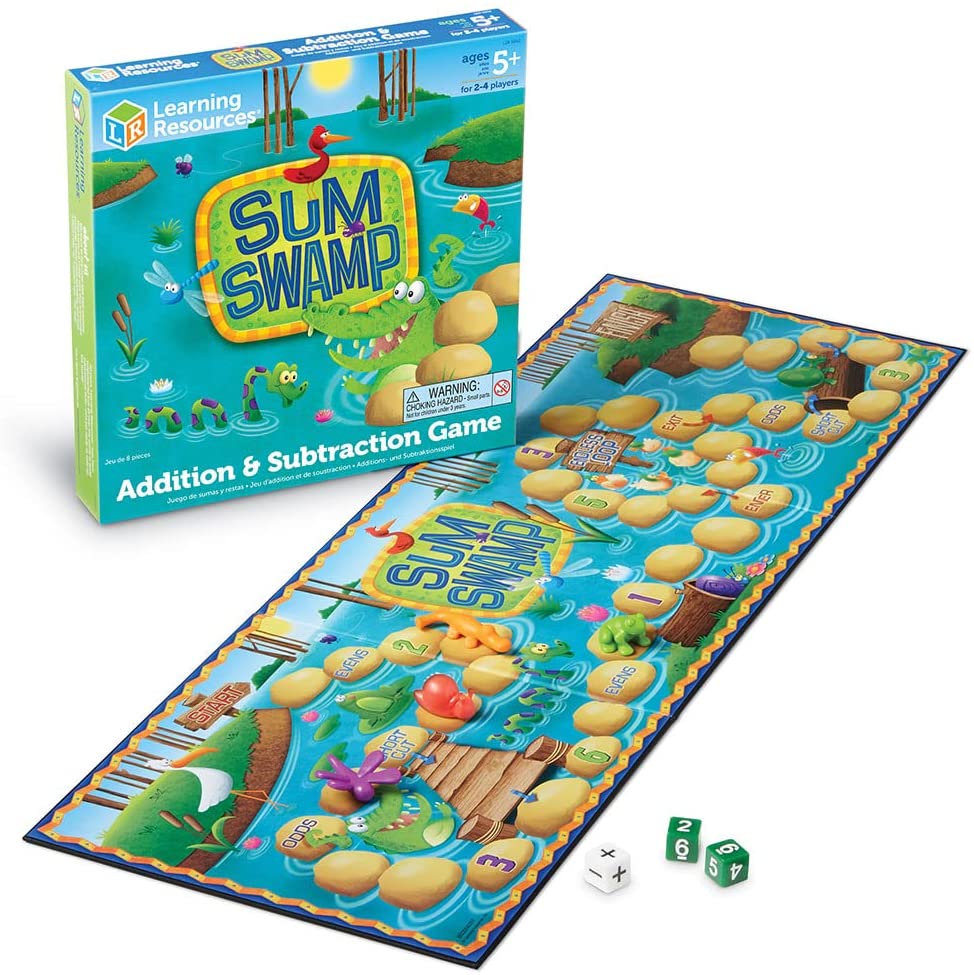
Sum Swamp
Sum Swamp helps players become more fluent in addition and subtraction as they try to safely cross the swamp. Special spaces like evens, odds, and numbers add an extra challenge. Ages 5+









